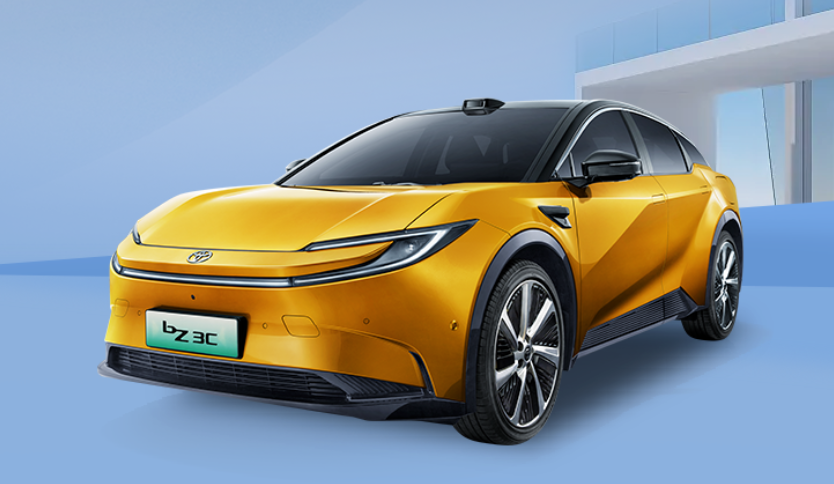Recently, FAW Toyota has officially initiated the next-generation smart cabin project, marking an important step for this established joint venture in the field of intelligent technology. According to insiders, the first demo version is expected to complete design shortly, with the full system planned for official release in 2026, initially to be equipped in the brand's latest electric model, offering users an unprecedented intelligent travel experience. During the development process, FAW Toyota has identified NIO, Li Auto, and Huawei's HarmonyOS cabin as its core competitors, aiming to surpass them in terms of interactive experience and intelligence. Currently, the bZ5 model available for sale is equipped with the Toyota Space smart space, while the next-generation cabin will integrate deeply with AI large models, delivering more precise and emotional voice and gesture interactions, enabling real-time linkage with the assisted intelligent driving system to dynamically adjust cabin parameters based on actual driving scenarios. Insiders further explained that ideally, the new cabin will have real-time perception capabilities for both drivers and passengers. When the system detects driver fatigue, it will automatically lower the air conditioning temperature, reduce volume, and activate seat massage to provide comprehensive care for the driver. If rear passengers fall asleep, the cabin will dim the ambient lights and turn off the rear speakers to create a quiet and comfortable resting environment, achieving genuinely 'human-centered' proactive service. Compared to the existing Toyota Space smart space, the most significant change in the next-generation cabin is the substantial enhancement of 'humanization' and 'intelligence' features. By continuously learning user habits, the system can offer personalized suggestions in different travel scenarios and even predict the user's next needs, transforming the cabin from a mere 'tool' into a considerate 'travel partner.' This transformation not only enhances user experience but also showcases FAW Toyota's profound heritage and innovative strength in the field of intelligence. It is noteworthy that in the price war of the Chinese auto market in the first half of 2025, FAW Toyota achieved counter-cyclical growth with its pragmatic product strength and precise market positioning, with sales reaching 378,000 units and a year-on-year growth rate of 16%. Notably, electric models accounted for nearly half of the sales, reflecting broad market recognition of FAW Toyota's electrification and intelligent strategy. The secret to FAW Toyota's success lies in understanding user needs and breaking through with pragmatic product strength; simultaneously, the RCE system realizes decision-making revolution allowing the Chinese team to lead product definition. Additionally, the QDR concept builds a reliable moat, winning consumer trust. The initiation of the next-generation smart cabin project will undoubtedly further enhance FAW Toyota's competitiveness in the field of intelligence, providing users with even better products and services. In the future, with the official release of the next-generation smart cabin system, FAW Toyota is expected to achieve even greater success in both electrification and intelligence, creating a better travel experience for users.
FAW Toyota Launches Next-Generation Smart Cabin Project

Share this post on: